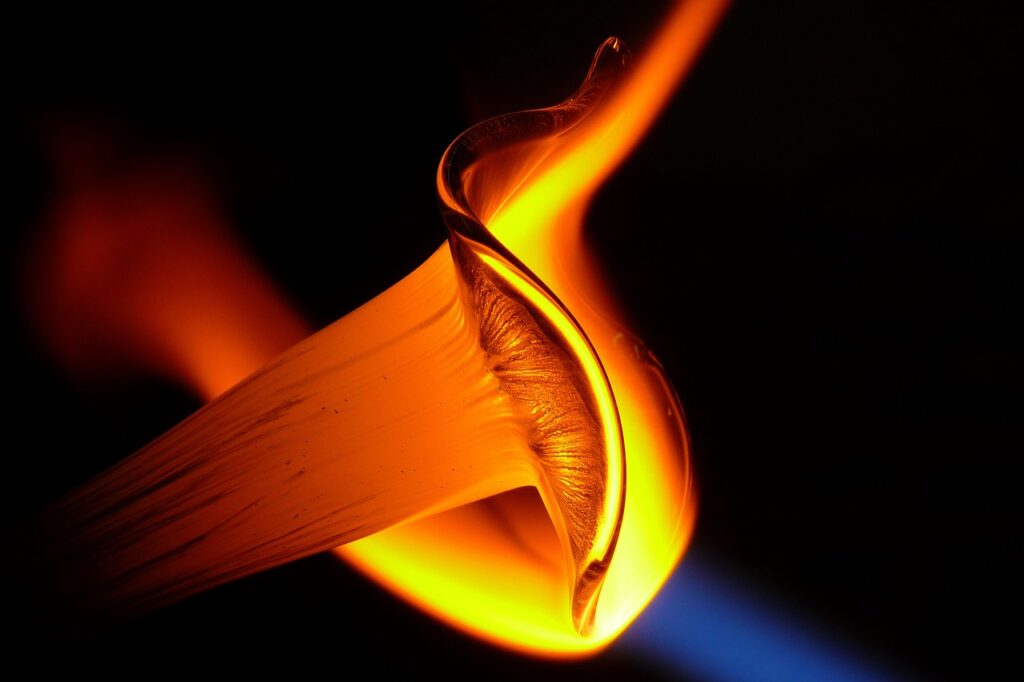K: so glass
GT: mystery of glass I am here to discuss
K: and your work
GT: mystery that why glass is transparent not so easy to say
K: can you
GT: glass like water that why water is transparent not so easy to say
K: can we
GT: thing is, one particle water is one thousandth smaller than one wavelength of
visible rays
K: you mean
GT: visible rays not prevented from passing through water
K: and so
GT: same for glass, sort of
K: sort of
GT: each particle infinitely connected with no boundary at all
K: but if
GT: for details refer to this article authored by me [hands to K]
K: okay thanks
GT: other mystery is glass is solid or liquid
K: I’ve heard it’s
GT: trick answer glass is supercooled liquid
K: of course
GT: this substance not existing in natural world
K: no
GT: break of glass is easy glass fragile why, supercooled is why
K: what if
GT: remember no boundary at all
K: yes
GT: no boundary means supercooled cannot prevent cracks grow all over
K: cracks
GT: microscopic cracks and cracking force to one grows to a break force
K: cracks
GT: further mystery is glass dissolves in water I am serious
K: sure
GT: when water drops on glass there is exchange one hydrogen ion (water) one
sodium ion (glass) after that substance is different, surface glass inner glass
K: how do
GT: this is phenomenon called blue disordering
K: say again
GT: not all mystery of glass but all I say today
K: so after
GT: next project authored by me is glass for bones
K: my goodness
GT: yes and memory
K: you’re saying
GT: saying glass memory is top efficient concept, see right through past to more past
no secrets no voluntary no involuntary no Marcel Proust! just kidding
K: ha
GT: not kidding now, interview over, exit, bye
[ exit GT, high five from K, blackout]








